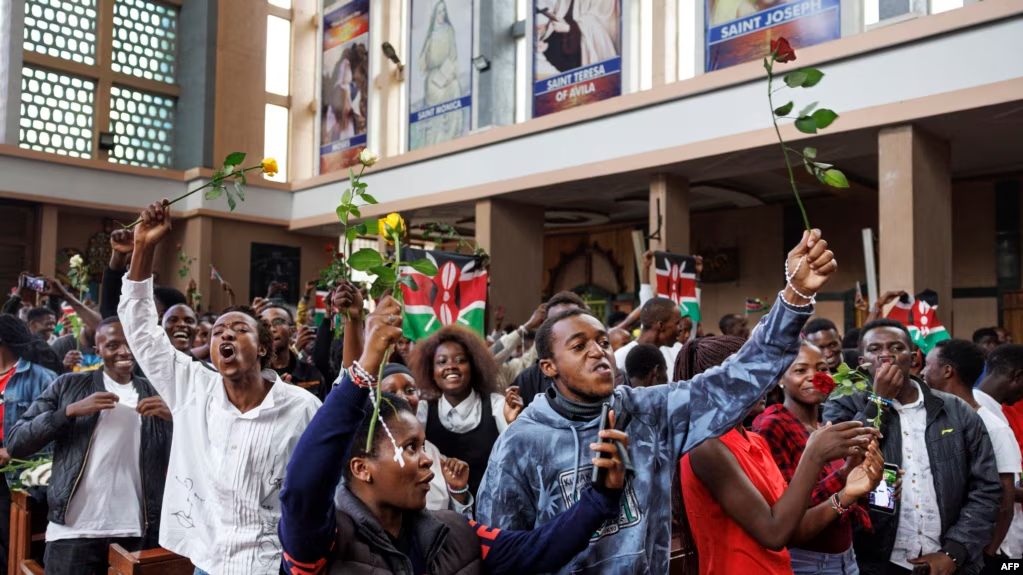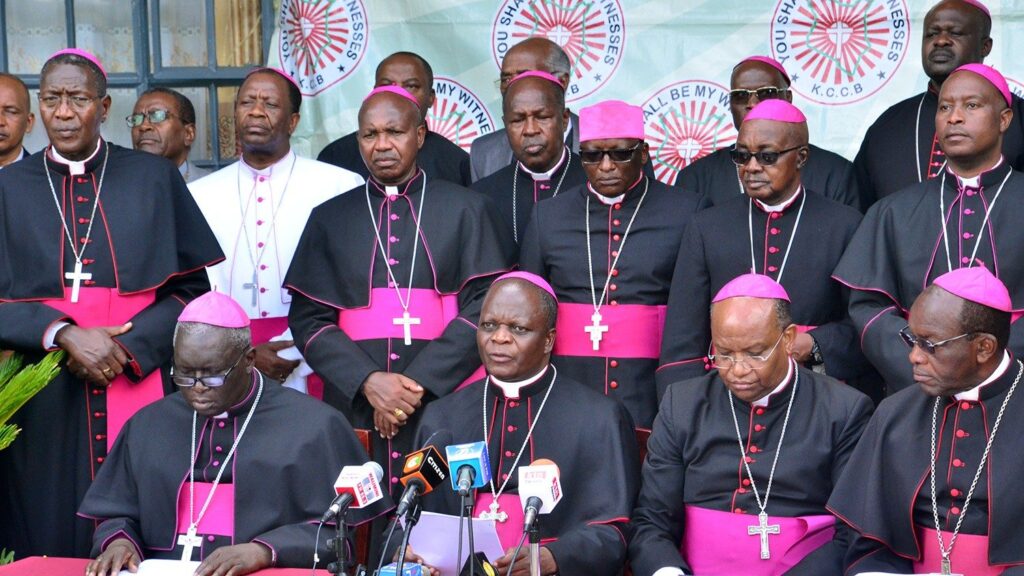The relationship between the International Monetary Fund (IMF) and African states has long been fraught with challenges. The implementation of Structural Adjustment Programs (SAPs) often mandated austerity measures, reducing public spending and liberalizing economies, leading to significant social costs such as diminished access to healthcare and education. These measures sometimes exacerbated debt issues, creating a cycle of borrowing and repayment difficulties. Policy conditionality attached to IMF loans often infringes on the sovereignty of recipient nations, with austerity measures and economic reforms triggering social unrest and political instability.
Watch it here.
IMF programs frequently focus on short-term economic stabilization rather than long-term development, neglecting sustainable growth. The expected economic benefits have been uneven, with some countries experiencing limited or no growth improvements. Furthermore, weak governance and corruption in recipient countries have led to mismanagement and misuse of IMF funds, raising concerns about accountability and transparency. Critics argue that the IMF’s standardized policies do not account for the unique economic and social contexts of individual African countries, resulting in a disconnect between IMF policies and the actual needs of local populations.
Despite efforts to provide financial assistance, many African countries continue to struggle with high levels of debt, raising concerns about long-term debt sustainability. External shocks, such as fluctuations in commodity prices and climate change, further undermine the effectiveness of IMF-supported programs. Public skepticism and distrust towards the IMF persist due to past experiences and perceived negative impacts of its programs, complicating the relationship between the IMF and recipient states. Addressing these challenges requires a nuanced, context-specific approach, greater collaboration between the IMF and African states, and a focus on sustainable development and inclusive growth.

Case studies highlight these challenges. In Zambia, heavy borrowing from the IMF has led to austerity measures that sparked public outcry. Ghana’s implementation of SAPs in the 1980s stabilized the economy but increased poverty and reduced public spending on essential services. In Kenya, IMF interventions have faced pushback against policies perceived as externally imposed and misaligned with local priorities. Nigeria’s IMF-imposed austerity measures led to cuts in public spending, causing social unrest and deteriorating living standards.
In response, the African Union (AU) has proposed the creation of the African Monetary Fund (AMF) to reduce dependence on external financial institutions like the IMF. The AMF aims to provide financial stability and support economic integration across the continent. The African Continental Free Trade Area (AfCFTA) promotes intra-African trade, boosting economic resilience and reducing reliance on external debt. The AU is also enhancing the capacity of regional financial institutions like the African Development Bank (AfDB) to provide alternative funding sources and support for African states. Additionally, the AU advocates for comprehensive debt relief for heavily indebted African countries to redirect resources toward development projects and reduce dependence on IMF loans. Policy coordination among member states aims to harmonize economic policies and strengthen regional economic communities, creating a more resilient economic environment and reducing the need for external financial assistance.
In recent times, the IMF has imposed high reforms in Ghana, Nigeria, and Zambia. Similarly, the Kenyan government has imposed high taxes on the population, with MPs pushing to pass the Financial Bill 2024/2025. The National Council of Churches of Kenya, representing major churches and religious organizations, has criticized President Ruto’s administration for bad governance and allegations of corruption. Reverend Chris Kinyanjui, the council’s general secretary, has called for the dismissal of corrupt ministers. The Holy Family Basilica and the broader Catholic Church have also voiced concerns, criticizing the bill as oppressive and endorsing calls for its rejection.
Kenyan Catholic bishops have expressed sadness over the violence resulting from legal demonstrations, which have led to at least 13 deaths and around 30 injuries. Protesters stormed Parliament in Nairobi, resulting in a violent police response. The bishops have appealed to the police not to use excessive force, condemning the use of live bullets. They have urged young people to remain peaceful, warning that intolerance and violence will not solve the issues caused by government insensitivity to matters like the finance bill. The bishops emphasized that intolerance breeds anarchy and is the seed of violence, urging a peaceful approach to addressing grievances.
Story By Linda.
See the full story here.







Leave a Reply